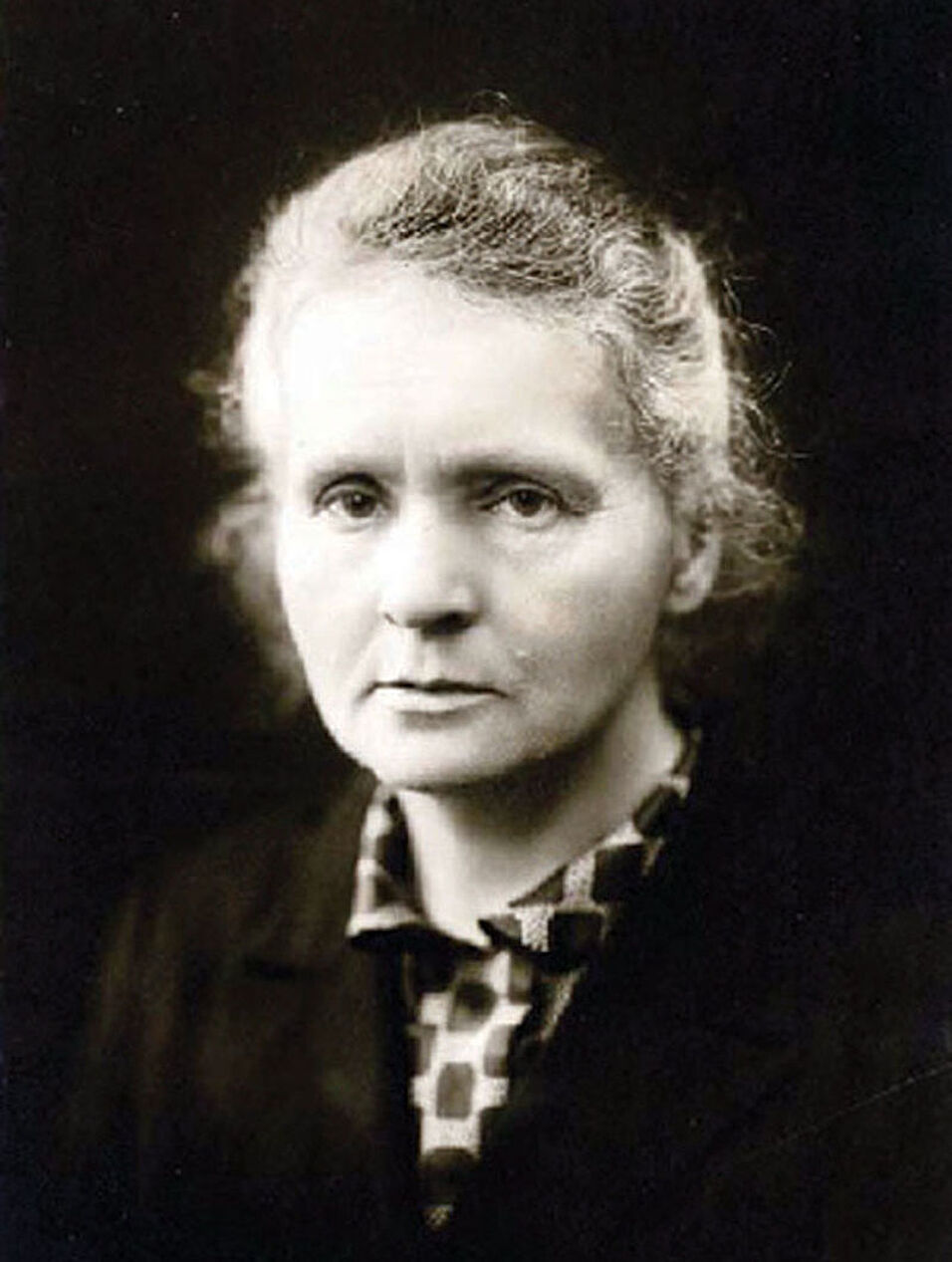Please notice the »internal submission procedure and get in contact with the Research Services [international funding]!
The goal of the Marie Skłodowska-Curie Individual Fellowships (IF) is to enhance the creative and innovative potential of experienced researchers, wishing to diversify their individual competence in terms of skill acquisition through advanced training, international and intersectoral mobility (between academic and non-academic sector).
Individual Fellowships provide opportunities to researchers of any nationality to acquire and transfer new knowledge and to work on research and innovation in Europe and beyond. Applications are made jointly by the researcher and the beneficiary (the host organisation) in the academic or non-academic sectors. Alike the other Marie Skłodowska-Curie Actions, IF follow a bottom-up approach, i.e. research fields are chosen freely by the applicants.
There are three types of Individual Fellowships:
1. European Fellowships
European Fellowships are held in EU Member States (MS) or H2020 Associated Countries (AC) and are open to experienced researchers coming to Europe or moving within Europe to carry out research projects for the duration of 1-2 years. Proposals are evaluated by one of eight scientific panels. In addition, there are three multi-disciplinary panels providing special support for specific situations:
- [ST] Standard
- [RI] Return and reintegration of researchers moving from a third country (i.e. not a MS or AC) into a longer term research position in Europe, including in their country of origin (RI Panel).
- [CAR] Individuals wishing to resume research in Europe after a career break, e.g. after parental leave (CAR Panel).
- [SE] Researchers seeking to work on research & innovation projects in an organisation from the non-academic sector (society and enterprise - SE Panel).
2. Widening Fellowships
Widening Fellowships provide specific support to researchers to undertake their fellowship in one of the so-called widening countries in Europe (countries with a relatively low research & innovation performance). This will help spread excellence and close still apparent gaps within Europe. http://ec.europa.eu/programmes/horizon2020/en/h2020-section/spreading-excellence-and-widening-participation
3. Global Fellowships
Global Fellowships are based on a secondment to a third country (i.e. not a MS or AC) for 1-2 years and a mandatory 12 month return period to a European host.
New Pilot Programme
For the upcoming call, Research Services and Career Development (DLE FSNF) will pilot a proactive approach to attract more fellowship applications to the University. Fellows interested in applying for a MSCA-IF at the University will submit an Expression of Interest (EoI), outlining their project idea and identifying a supervisor from the University. EoIs will be administered by the DLE FSNF to ensure that potential mentors are not over-burdened by fellows looking for host groups. Supervisors will select their top candidate with whom DLE will then work intensively to prepare an application.
Extra Funding for a Third Year
The University of Vienna has made additional funding available for the 10 top-ranked (top 5 male and top 5 female) MSCA European Fellowships awarded to the University (based on the score given by the European Commission). An additional third year of salary will be funded, allowing the fellow and supervisor to carry out additional research, publication, training or grant writing. As this third year is funded separately by the University, the activities should be related, but distinct to what will be carried out during the first two years of the project. Flexibility applies here. It would be particularly appreciated if the Fellows could use this third year to apply for a prestigious funding such as ERC.
Please see Basic Info for Supervisors and Supervisor Form.
For more information please contact alena.morrison@univie.ac.at or stefania.benetton@univie.ac.at


